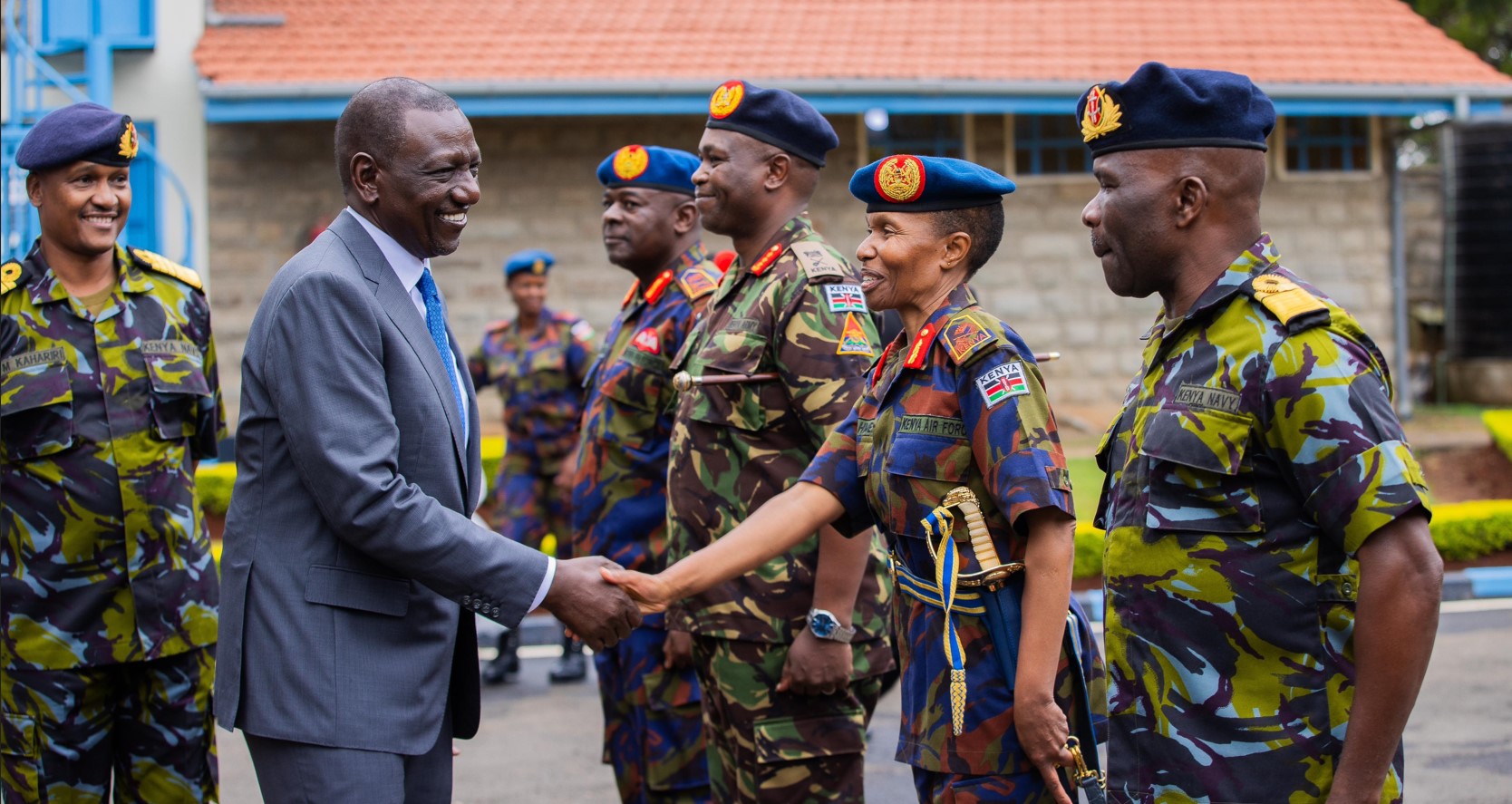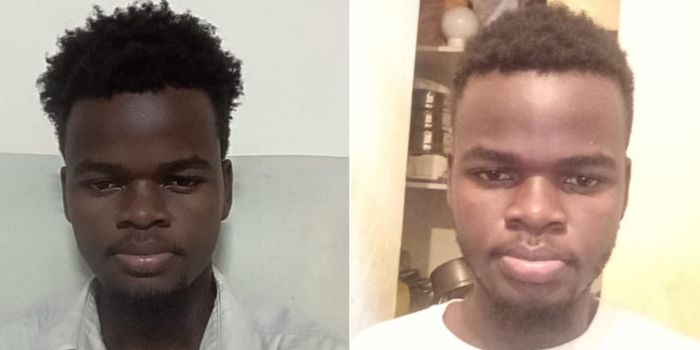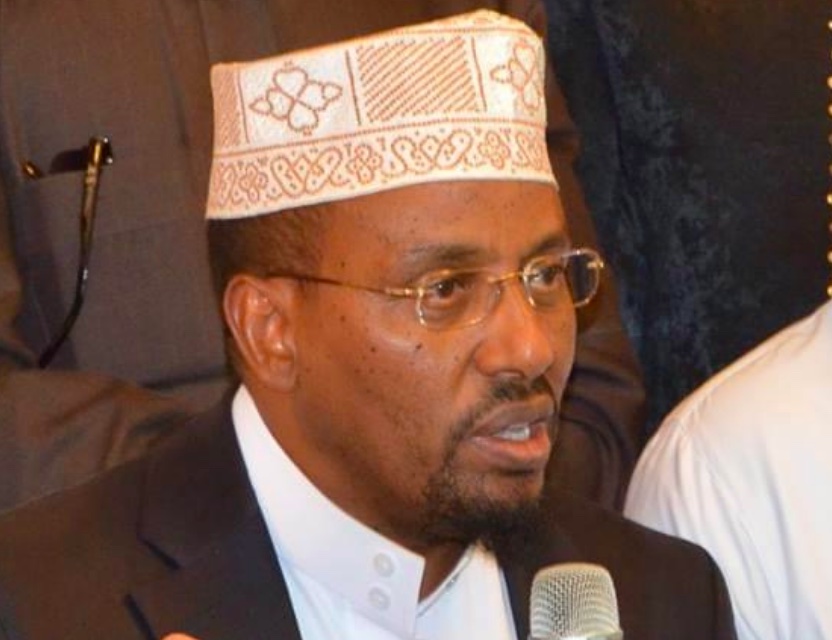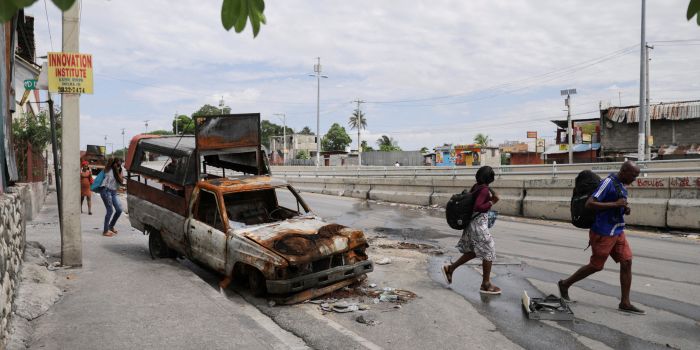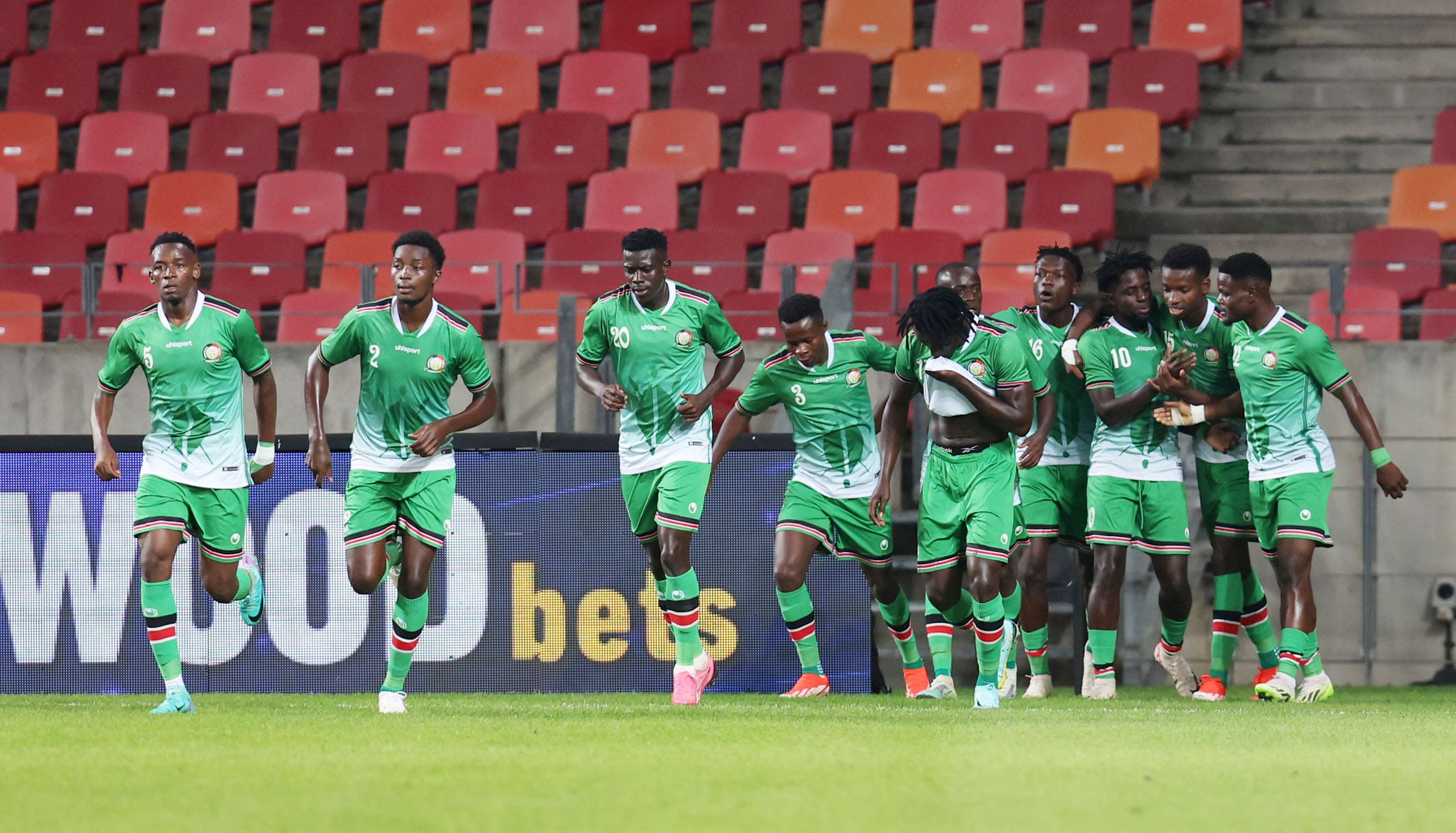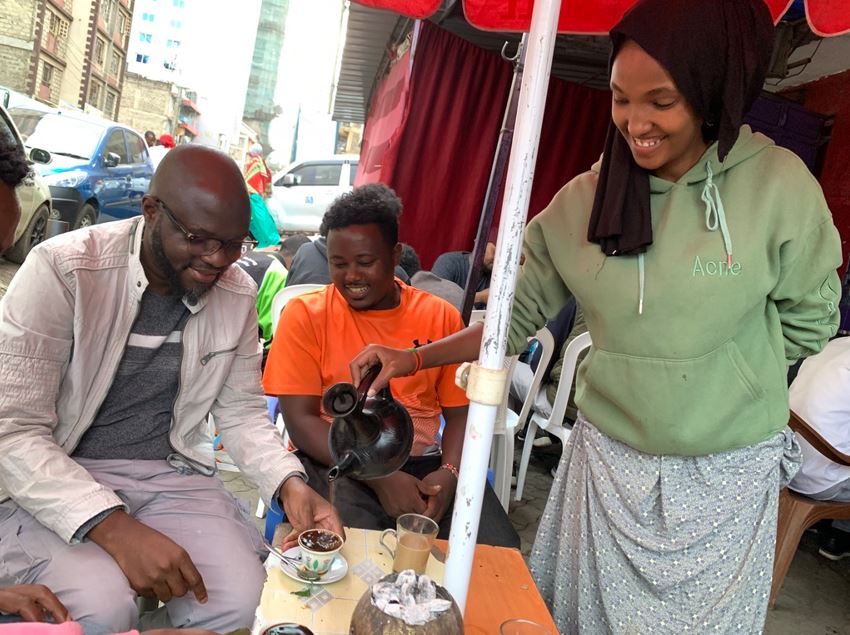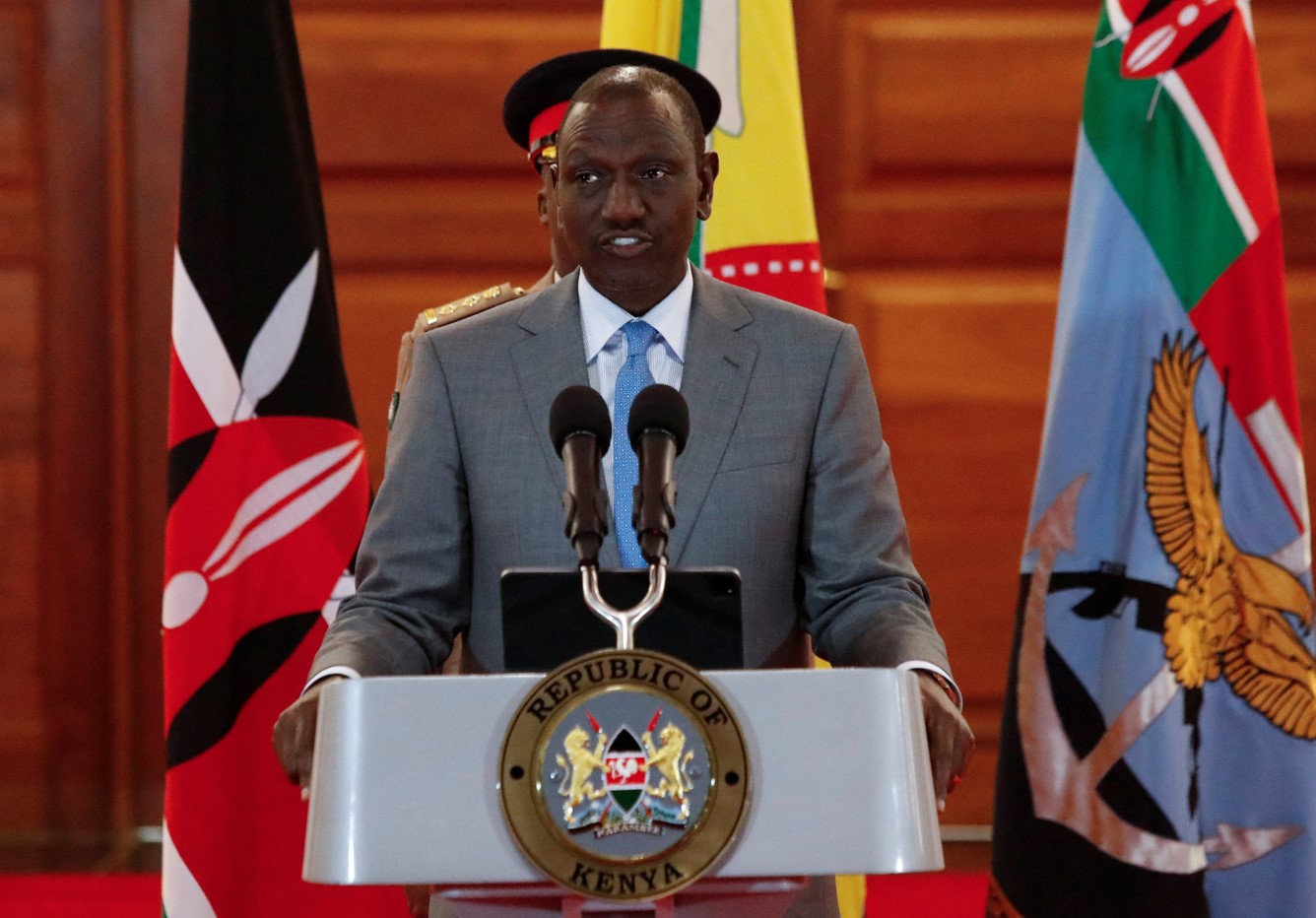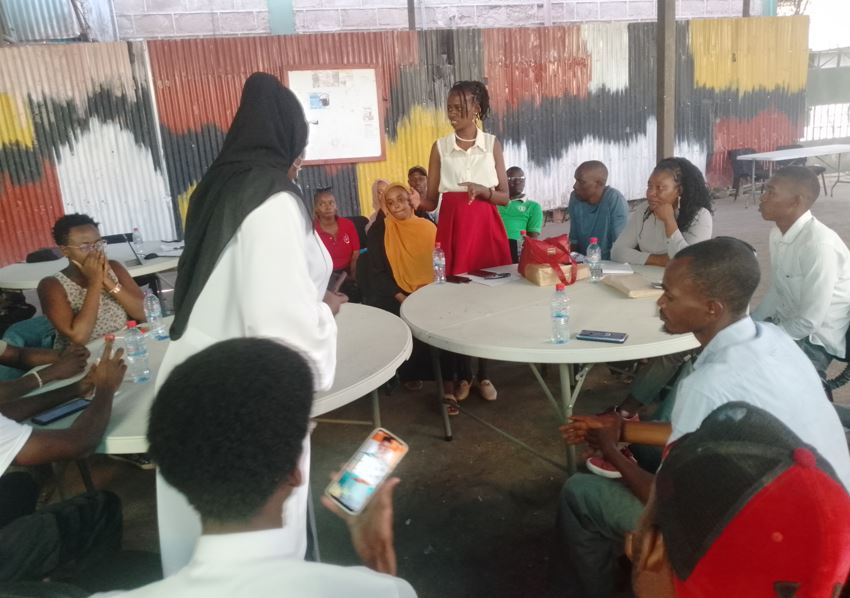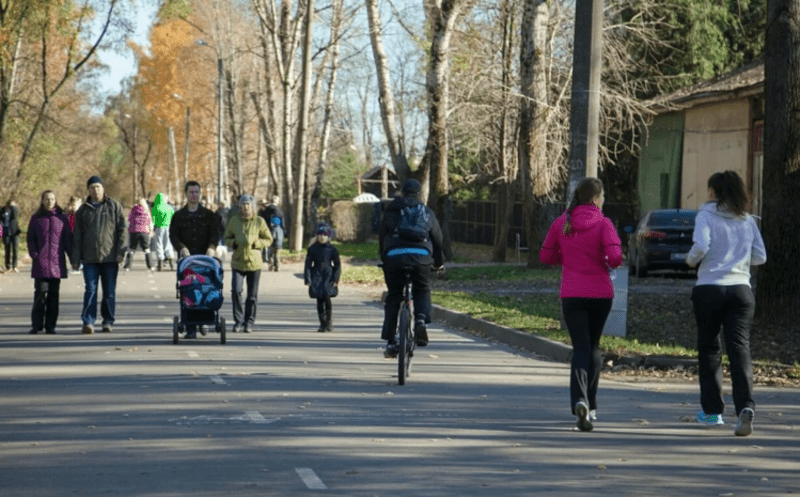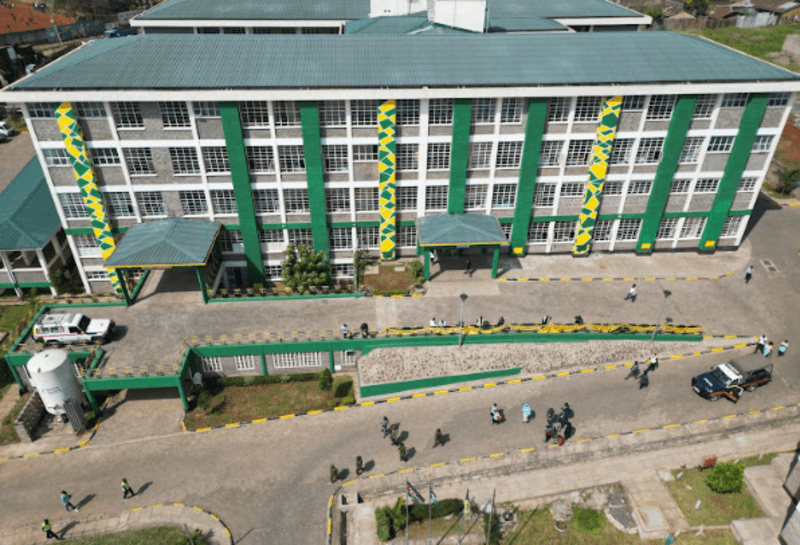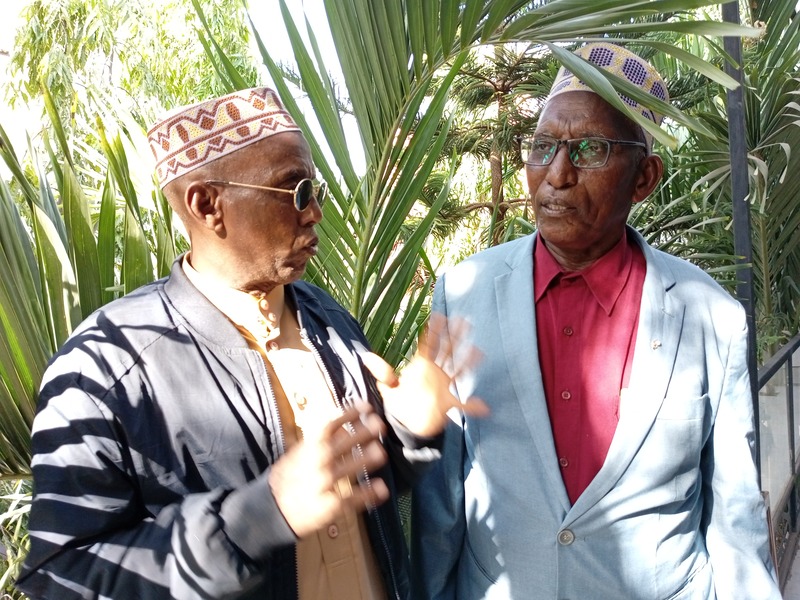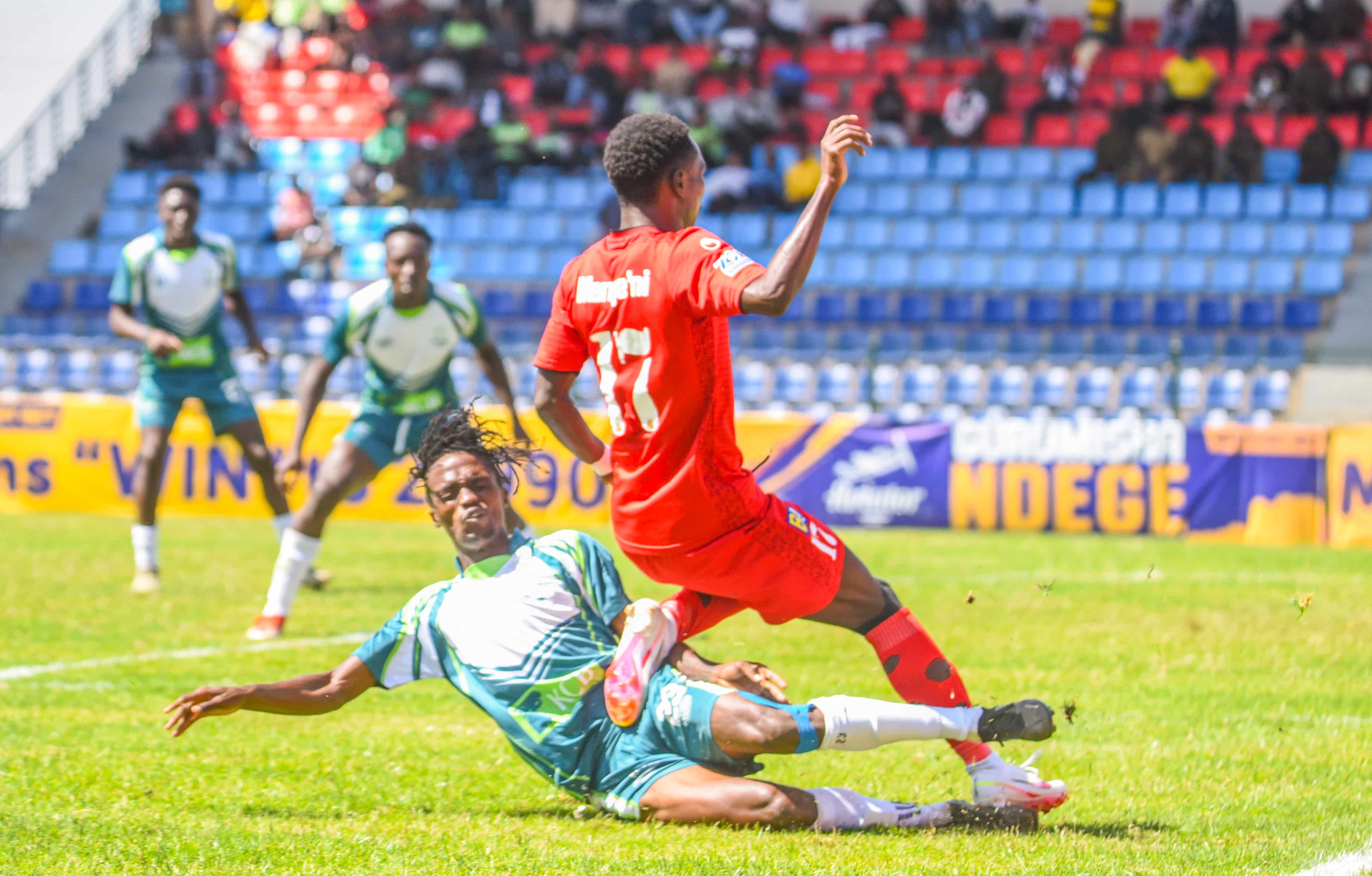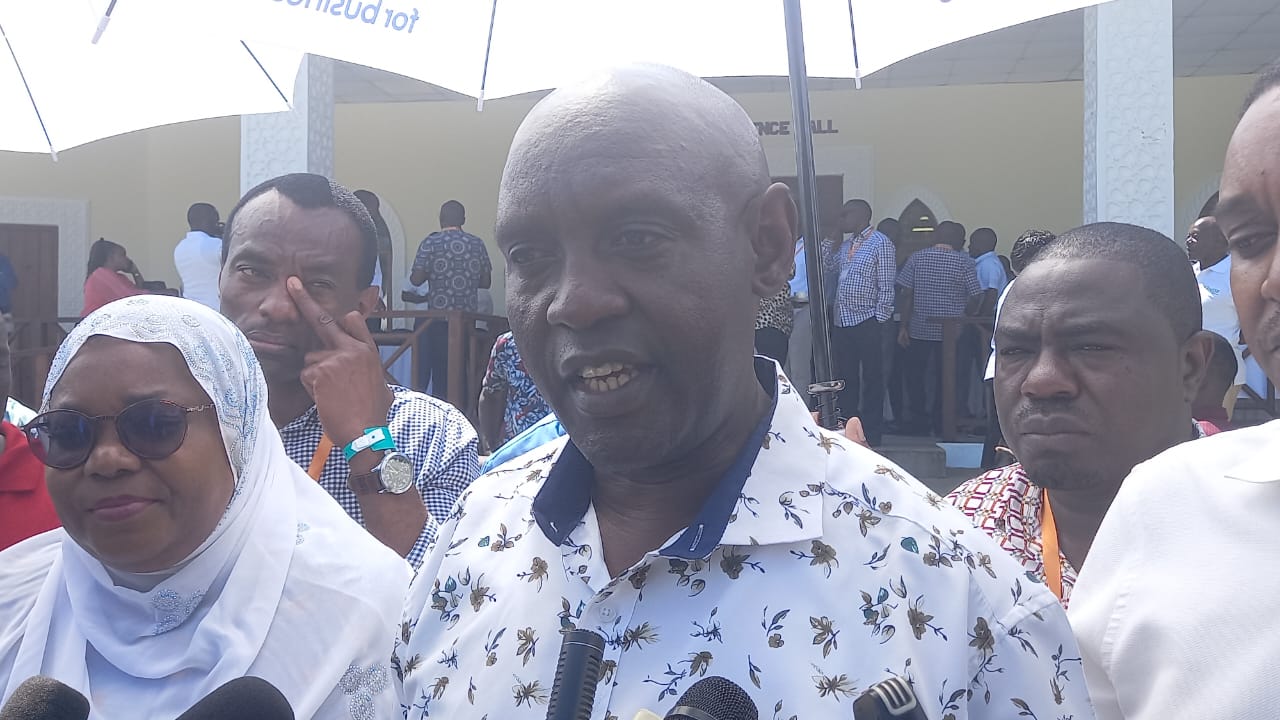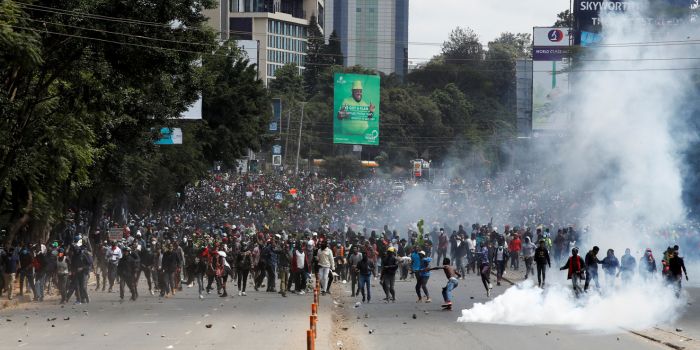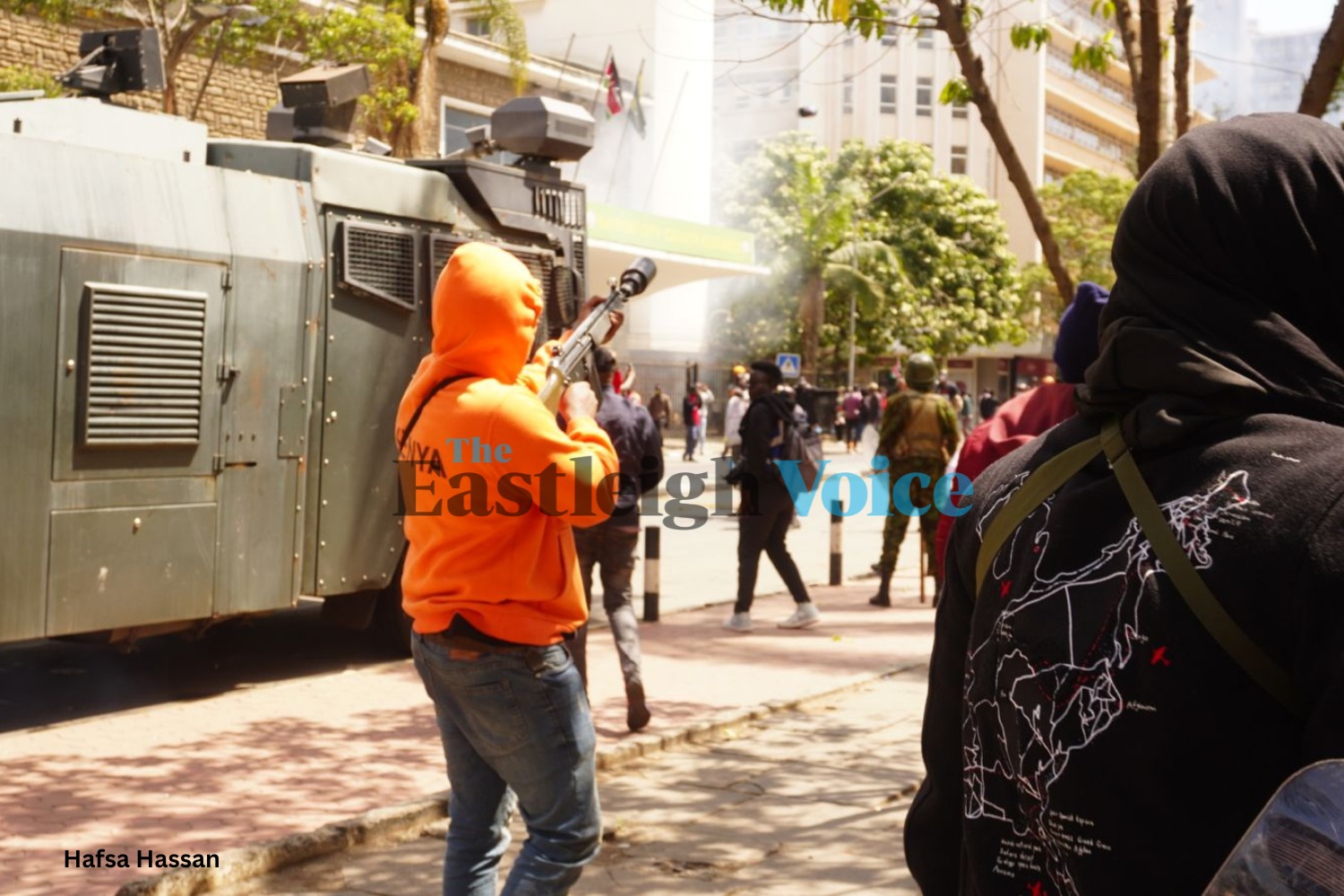Kenyan police use excessive force because they’re serving political elites, not the public – policy analyst

By The Conversation |
The police responded with force, using live bullets and lobbing teargas at protesters. More than a dozen people were reported killed and hundreds injured.
Public protests in Kenya have often been criminalised, leading to brutal police crackdowns. This played out in recent protests against the cost of living in Kenya and amid an attempt by the government to introduce new taxes.
The police responded with force, using live bullets and lobbing teargas at protesters. More than a dozen people were reported killed and hundreds injured.
Keep reading
- Opinion: Police response to protests should not escalate tensions
- Attacks on health practitioners, medical facilities escalate amid ongoing conflicts
- Somali elders defend NIS boss Noordin Haji, accuse Gachagua of overstepping his mandate
- Understanding Gen Zs, youngsters who have taken Kenya by storm with protests
Kamau Wairuri, who has studied the policing of protests in Kenya, explains what contributes to the violence often witnessed during public demonstrations.
What contributes to police violence during protests in Kenya?
The use of excessive force is ingrained in the culture of the Kenyan state police. The police treat citizens with suspicion. Everyone, especially the poor and marginalised, is seen as a potential criminal.
Many Kenyans have been killed or maimed by police officers in efforts to disperse public assemblies since colonial times and in the course of the country’s political history. In 1922, for instance, the police killed more than 100 people who were protesting the arrest of African nationalist Harry Thuku in Nairobi. Recent examples abound.
The most crucial factor that explains this persistent use of force in the dispersal of public assemblies in Kenya is that the police have historically served political regimes rather than the citizens. I have explored this in my research, which analysed the policing of protests in Kenya from 1990 to 2010.
My study showed how regimes have used the police to repress opposition and sustain themselves in power. Order, which the police are charged with maintaining, is whatever the regime of the day defines it to be. Hence, as I argue, the actions and words of political leaders are taken as a signal of the kind of police actions that are expected and may be rewarded by an executive arm of the government that wields immense power.
The policing of protests is often anchored in the profiling of protesters, both by the police and by politicians. Protesters are often termed “looters”, “thugs” and “goons”, thus labelled as criminals who deserve to be dealt with ruthlessly. The issue of profiling was flagged by the Independent Policing Oversight Authority in a report following 2016 protests seeking to disband the country’s electoral commission.
The police often act with impunity because they are protected by the ruling elite. Not only are officers rarely held to account for the use of force in the dispersal of protesters, they are often congratulated for doing so.
In his first statements in response to the current anti-tax protests, President William Ruto thanked police officers “for applying themselves to the best of their abilities in the defence of Kenya and its people”. He did not mention the brutal killing of some of the protesters, which was broadcast live on national television.
These failures to hold officers to account build citizen distrust in the police.
What laws regulate the use of force by the police?
Kenya’s constitution guarantees the right to protest. Since this right is not unlimited, Kenyan laws empower the police to ensure that protests are carried out in a lawful and peaceful manner. The law requires protest organisers to inform the police of their planned demonstrations.
In turn, police actions are guided by various legal instruments. The National Police Service Act of 2011 provides overall guidance on the use of force by police officers. The Public Order Act of 2012 empowers officers to disperse a public assembly where there is a clear or imminent danger of a breach of peace. The Service Standing Orders provide for the lawful use of force to suppress or disperse a riotous mob.
The country’s legal framework seeks to restrict the use of force during protests to exceptional circumstances.
What reforms have been proposed or made to mitigate police violence?
The Independent Policing Oversight Authority made important recommendations on improving the policing of public assemblies in line with the Constitution.
The authority noted the absence of a policy with guidelines on public order management. This would guide police conduct during protests. This policy would address matters like the training of police officers on public order management.
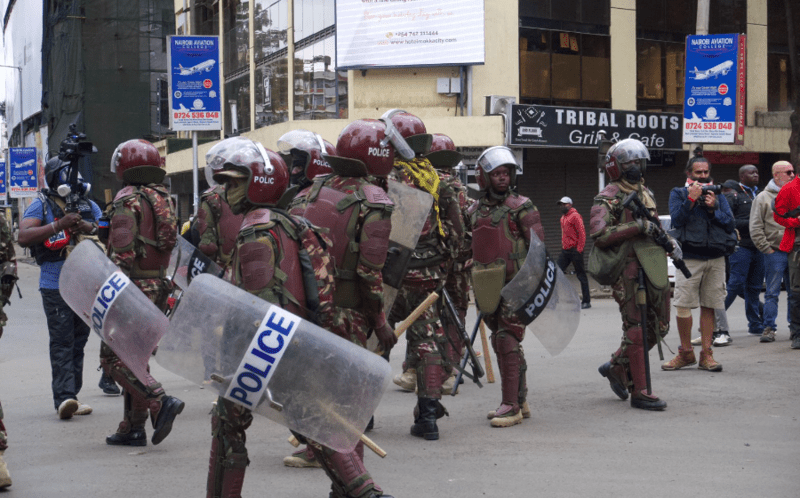 Heavy police presence in Nairobi CBD on day of protests: (Photo: Hafsa Hassan)
Heavy police presence in Nairobi CBD on day of protests: (Photo: Hafsa Hassan)
The policy would also guide intelligence gathering on protests. Infiltration of demonstrations by hired disruptors or criminal elements has been alleged in the current anti-tax protests.
The policy would require police officers to wear uniforms and badges so that they are identifiable, provide medical support for the injured and operate within the law as they work.
Such a policy has yet to be adopted. As a result, the policing of protests continues to be marked by poor planning and coordination, with officers who are not properly trained, equipped or briefed before entering tense situations.
This not only makes police officers themselves unsafe but means violence is the only strategy they can use. It’s little wonder that the policing of protests in Kenya continues to be marked by human rights abuses.
Kenya can also draw on international approaches. The most progressive one is the negotiated management model. It emphasises people’s right to protest and seeks constructive relationships between the police and protesters. It has been used in developed countries, such as the US and the UK.
An evaluation of an attempt to use this approach in Kenya found that it failed because police weren’t willing to engage protesters in constructive ways.



